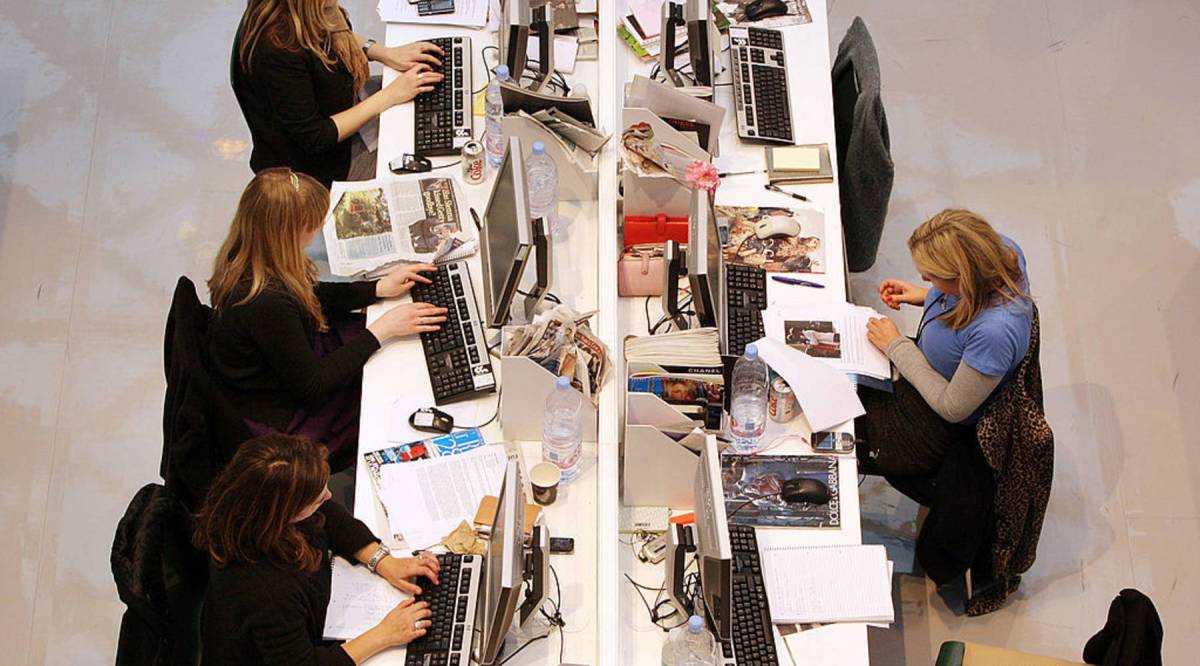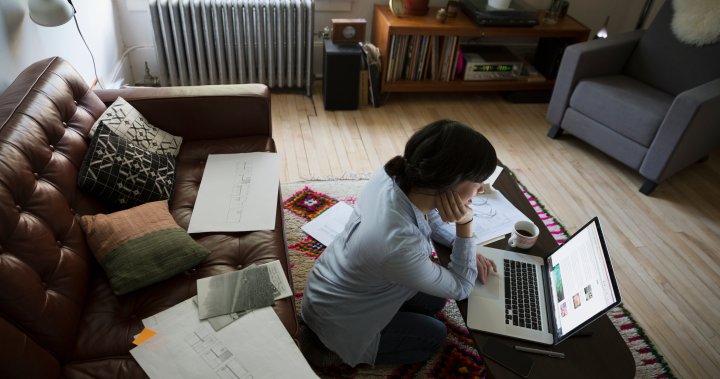cdr108
Senior Member
The first to suffer will be the AirBnB crew:

After Years of Hoarding Places to Live, Airbnb Hosts Are Panicking
'Ghost hotels'—buildings that are filled with short-term rentals to tourists—have cleared out amid the coronavirus pandemic and left Airbnb profiteers saying it’s 'impossible' to find anyone for their apartments.www.vice.com
Many are trying to structure semi-long term leases. But with dozens of units coming online in every condo, the competition will be intense. And since it doesn't look like travel will recover for a while, they could be cash flow negative for a while.
15,000 units in Toronto, mostly in the dt core will definitely help ease some of the low LTR vacancy rate.
Depending on when they purchased the units (I think post-2014), AirBnB owners will be cash flow negative if they have to go semi-long term or LT leases.
In addition, I don't think they'll get the usual price premium for furnished units as the competition will be intense also.











